

Articles
How To Store Egg Whites
Modified: February 27, 2024
Learn the best methods for storing egg whites with our informative articles. Proper storage ensures freshness and extends their usability for your recipes.
(Many of the links in this article redirect to a specific reviewed product. Your purchase of these products through affiliate links helps to generate commission for Storables.com, at no extra cost. Learn more)
Introduction
When cooking or baking, many recipes call for using either the whole egg or just the yolk, leaving you with extra egg whites. Instead of letting them go to waste, why not store them for future use? Storing egg whites properly ensures that you can save them for a later recipe without compromising their freshness or quality.
Whether you have leftover egg whites from making a custard, hollandaise sauce, or simply from separating eggs for a specific recipe, knowing how to store them correctly will come in handy. This article will guide you through the basic guidelines for storing egg whites and explore different methods for long-term storage.
By storing egg whites properly, you can extend their shelf life and have them readily available for recipes that call for just the whites or for recipes in which you prefer not to use the yolks.
So, let’s dive in and discover the best methods for storing egg whites!
Key Takeaways:
- Don’t let extra egg whites go to waste! Store them properly to reduce food waste, save money, and have them readily available for future recipes. Whether refrigerating, freezing, or dehydrating, follow basic guidelines for optimal storage.
- Storing egg whites offers economic benefits, cooking versatility, and convenience. Whether you’re watching your cholesterol, experimenting with delicate desserts, or maximizing your ingredient investment, proper storage ensures freshness and quality for future culinary endeavors.
Read more: How To Store Royal Icing With Egg White
Why store egg whites?
You may be wondering why you should bother storing egg whites instead of simply discarding them. Well, there are several compelling reasons to consider:
- Reduce food waste: Storing egg whites allows you to make the most of your ingredients and minimize waste. Instead of throwing away the unused whites, you can store them for future recipes.
- Economic benefits: Eggs are a staple ingredient in many households, and buying them in bulk is often more cost-effective. By storing the leftover egg whites, you can use them in separate recipes and maximize your investment.
- Health considerations: If you’re watching your cholesterol or fat intake, using only egg whites in certain recipes can be a healthier option. Storing the whites allows you to have them on hand for when you want to make low-fat or cholesterol-free dishes.
- Cooking versatility: Some recipes specifically call for using only egg whites, such as meringues, angel food cakes, macarons, and soufflés. By storing egg whites, you can easily whip them up whenever you want to experiment with these delicate and airy desserts.
- Convenience: Having pre-separated egg whites readily available in your fridge or freezer can save you time and effort in the kitchen. You won’t have to go through the process of separating eggs every time a recipe calls for just the whites.
Now that you understand the benefits of storing egg whites, let’s explore the guidelines and methods for properly storing them so they remain fresh and usable for an extended period.
Basic guidelines for storing egg whites
Properly storing egg whites is crucial to maintain their freshness and quality. Here are some basic guidelines to keep in mind:
- Separate the egg whites: Start by ensuring that the egg whites are properly separated from the yolks. Make sure there is no trace of yolk in the whites, as even a small amount of yolk can prevent the whites from whipping properly.
- Use clean containers: Store the egg whites in clean, airtight containers to prevent any contamination. Glass or plastic containers with tight-fitting lids are ideal for this purpose.
- Date and label: Always label your stored egg whites with the date when you separated them. This will help you keep track of their freshness and ensure you use the oldest ones first.
- Store in small portions: Divide the egg whites into smaller portions before storing them. This way, you can thaw or use only the amount you need for a specific recipe without thawing the entire batch.
- Discard discolored or off-smelling egg whites: If any of the stored egg whites have an unusual color or smell, discard them immediately. This could be an indication of spoilage.
- Keep track of storage time: While egg whites can be stored for an extended period, it’s important to keep track of how long they have been stored. Generally, egg whites can be stored in the refrigerator for up to four days, in the freezer for up to a year, and dehydrated for long-term storage.
Following these basic guidelines will help ensure that your stored egg whites maintain their quality and are safe to use in your future culinary endeavors. Now, let’s explore the different methods you can use to store egg whites for various durations.
Methods for storing egg whites
When it comes to storing egg whites, there are several methods you can choose from depending on your needs and preferences. Here are three popular methods:
Method 1: Refrigeration
Refrigeration is the simplest and most common method for short-term storage of egg whites. To store egg whites in the refrigerator, follow these steps:
- Ensure that the egg whites are properly separated from the yolks.
- Transfer the egg whites into a clean, airtight container.
- Seal the container and label it with the date.
- Store the container in the refrigerator’s main compartment, away from strong-smelling foods.
Egg whites stored in the refrigerator can be used within four days. Remember to check for any signs of spoilage before using them.
Read more: How To Whip Egg White Without Mixer
Method 2: Freezing
Freezing egg whites allows for long-term storage, making them readily available whenever you need them. To freeze egg whites, follow these steps:
- Separate the egg whites and ensure they are clean.
- Place the egg whites in a clean bowl or ice cube tray.
- If using a bowl, cover it with plastic wrap, making sure it is airtight. If using an ice cube tray, pour the egg whites into the compartments.
- Place the bowl or ice cube tray in the freezer and allow the egg whites to freeze completely.
- Once frozen, transfer the egg whites into a freezer-safe bag or container, removing any excess air.
- Label the bag or container with the date and the number of egg whites.
- Return the bag or container to the freezer.
Frozen egg whites can be stored for up to a year. When thawing frozen egg whites, place them in the refrigerator overnight or use the defrost setting on your microwave.
Method 3: Dehydration
Dehydrating egg whites is an excellent method for long-term storage and can be useful for backpacking or camping trips where refrigeration or freezing is not available. Here’s how to dehydrate egg whites:
- Whisk the egg whites until fully combined.
- Pour the egg whites onto a food dehydrator tray or a baking sheet lined with parchment paper.
- Spread the egg whites evenly and thinly.
- Place the tray or baking sheet in a food dehydrator or an oven set to the lowest temperature.
- Dehydrate the egg whites until completely dried and crispy.
- Break the dried egg whites into small pieces and transfer them to an airtight container.
- Label the container with the date and store it in a cool, dark place.
Dehydrated egg whites can be rehydrated by adding water or any liquid of your choice when you’re ready to use them.
Now that you are familiar with the different methods for storing egg whites, let’s move on to some tips to ensure optimal storage and usage.
Method 1: Refrigeration
Refrigeration is a common and straightforward method for short-term storage of egg whites. By refrigerating egg whites, you can keep them fresh for up to four days. Here’s how to properly store egg whites in the refrigerator:
- Separate the egg whites: Start by carefully separating the egg whites from the yolks. It’s essential to ensure that no trace of yolk is mixed with the whites, as even a small amount can hinder proper storage and usage.
- Transfer to a clean container: Once you have separated the egg whites, transfer them to a clean, airtight container. Glass or plastic containers with a tight-fitting lid work best for this purpose. Make sure the container is clean to prevent any contamination.
- Label the container: It’s important to label the container with the date to keep track of the egg whites’ freshness. This way, you will know when they were stored and when they should be used by.
- Store in the refrigerator: Place the sealed container of egg whites in the refrigerator’s main compartment. Avoid storing them in the refrigerator door, as this area tends to experience more temperature fluctuations. Also, keep the container away from strong-smelling foods to prevent any absorption of odors.
When you are ready to use the refrigerated egg whites, ensure that they appear fresh and have no signs of spoilage. Discard any egg whites that have an unusual odor, off color, or slimy texture.
It’s worth noting that refrigeration is the preferred method if you plan to use the egg whites within a few days. However, if you need to store them for a more extended period, freezing or dehydrating them may be a better option.
Now that you know how to store egg whites in the refrigerator, let’s explore the next method: freezing.
Method 2: Freezing
Freezing egg whites is a convenient method for long-term storage, allowing you to keep them on hand for future recipes. When frozen properly, egg whites can maintain their quality for up to a year. Here’s a step-by-step guide on how to freeze egg whites:
- Separate the egg whites: Begin by separating the egg whites from the yolks, ensuring that no yolk is mixed with the whites. Even a small amount of yolk can interfere with the freezing process.
- Prepare a container: Choose a clean bowl or ice cube tray to hold the egg whites. If using a bowl, cover it tightly with plastic wrap. If using an ice cube tray, pour the egg whites into each compartment.
- Freeze: Place the container in the freezer and allow the egg whites to freeze completely. This typically takes around 2-4 hours, depending on the size of the container and the temperature of your freezer.
- Transfer to a freezer-safe bag or container: Once the egg whites are frozen, remove them from the container and place them in a labeled freezer-safe bag or container. Squeeze out any excess air from the bag or ensure the container is tightly sealed to prevent freezer burn.
- Label and date: Clearly label the bag or container with the date of freezing. This will help you keep track of their storage time.
- Return to the freezer: Place the bag or container of frozen egg whites back in the freezer for long-term storage.
When you need to use the frozen egg whites, thaw them in the refrigerator overnight or use the defrost setting on your microwave. Once thawed, the egg whites can be used in recipes just like fresh ones.
Remember, it’s important to use proper storage techniques to maintain the quality of the frozen egg whites. This includes avoiding temperature fluctuations by keeping the freezer door closed as much as possible and using the oldest egg whites first to prevent long-term freezer storage.
Now that you know how to freeze egg whites, let’s move on to the next method: dehydration.
After separating egg whites, store them in an airtight container in the refrigerator for up to 4 days or in the freezer for up to 12 months. Label the container with the date for easy reference.
Read more: How To Store Egg
Method 3: Dehydration
Dehydrating egg whites is an excellent method for long-term storage, particularly in situations where refrigeration or freezing is not available. Dehydrated egg whites can be stored for an extended period and rehydrated when needed. Here’s a step-by-step guide on how to dehydrate egg whites:
- Separate the egg whites: Start by separating the egg whites from the yolks, ensuring that no yolk is mixed with the whites. It’s crucial to have only the egg whites for the dehydrating process.
- Whisk the egg whites: Whisk the egg whites until they are thoroughly combined. This will ensure a uniform texture and consistency during the dehydration process.
- Spread onto a dehydrator tray or baking sheet: Pour the whisked egg whites onto a food dehydrator tray or a baking sheet lined with parchment paper. Spread them evenly, aiming for a thin and uniform layer.
- Dehydrate: Place the tray in a food dehydrator or set your oven to the lowest temperature possible. Allow the egg whites to dehydrate until they are completely dry and crispy. This process can take anywhere from 4 to 12 hours, depending on the equipment and thickness of the egg whites.
- Break into pieces: Once the dehydrated egg whites are fully dried, remove them from the tray or sheet and break them into smaller pieces. You can use your hands or a mortar and pestle to create small flakes or powder.
- Store in an airtight container: Transfer the dehydrated egg whites into a clean, airtight container. Make sure the container is sealed properly to keep out moisture and maintain freshness.
- Label and date: Label the container with the date of dehydrating, so you know how long they have been stored.
- Store in a cool, dark place: Place the container in a cool and dark area, such as a pantry or cupboard. Avoid exposing the dehydrated egg whites to direct sunlight or moisture.
When you’re ready to use the dehydrated egg whites, simply rehydrate them by adding a small amount of water or the liquid specified in your recipe. Allow the mixture to sit for a few minutes until the egg whites have absorbed the liquid and reached the desired consistency.
Dehydrated egg whites are a great option for backpacking, camping, or emergency food supplies, as they have a long shelf life and take up minimal space. They can be used in various recipes that call for whipped or reconstituted egg whites.
Now that you’re familiar with the dehydration method, let’s move on to some helpful tips for storing egg whites.
Tips for storing egg whites
To ensure that your stored egg whites stay fresh and maintain their quality, here are some helpful tips to keep in mind:
- Use fresh eggs: Start with fresh eggs when separating the whites. Fresh eggs tend to have firmer whites, making the separation process easier and preventing any contamination.
- Handle with clean utensils: Use clean utensils, bowls, and containers when handling the egg whites. Any dirt or residue can affect their quality and potentially introduce contaminants.
- Measure the egg whites: If a recipe calls for a specific amount of egg whites, measure them before storing. This way, you can easily determine how much you have on hand without the need to thaw or rehydrate more than necessary.
- Label and date: Always label the containers with the date you stored the egg whites. This helps you keep track of their freshness and ensures you use the oldest ones first.
- Use airtight containers: Store the egg whites in clean, airtight containers to prevent any exposure to air or moisture, which can lead to spoilage.
- Divide into small portions: Divide the egg whites into smaller portions before storing. This allows you to thaw only the amount you need for a specific recipe rather than thawing the entire batch.
- Don’t refreeze thawed egg whites: Avoid refreezing egg whites that have been thawed. Once thawed, use them within a few days or discard any unused portion.
- Consider using silicone molds: If freezing egg whites in individual portions, using silicone molds can make it easier to remove them when needed.
- Keep a stock rotation: When storing egg whites, practice a first-in, first-out approach by using the oldest ones first. This ensures that none of the stored egg whites go to waste.
- Experiment with recipes: Storing egg whites gives you the opportunity to try out new recipes that specifically require egg whites, such as meringues, macarons, or pavlovas.
By following these tips, you can effectively store egg whites and have them readily available for your cooking and baking needs. Whether you choose refrigeration, freezing, or dehydration, proper storage techniques are key to maintaining their freshness and quality.
Now that you’re equipped with the knowledge on storing egg whites, you can confidently save and use them in your future culinary endeavors.
Remember to always check for any signs of spoilage before using stored egg whites, as freshness and safety are paramount when it comes to ingredients in your recipes.
Happy cooking and baking!
Conclusion
Knowing how to properly store egg whites is a valuable skill that can help reduce food waste, save money, and add convenience to your cooking endeavors. Whether you have leftover egg whites from a recipe or you prefer using only the whites in certain dishes, storing them correctly ensures their freshness and allows you to have them readily available whenever needed.
In this article, we explored three main methods for storing egg whites: refrigeration, freezing, and dehydration. Refrigeration is ideal for short-term storage, allowing you to use the egg whites within four days. Freezing, on the other hand, provides a long-term storage solution, allowing you to keep egg whites for up to a year. Dehydration offers a unique option for those who prefer to have dehydrated egg whites on hand, which can be rehydrated as needed.
By following the basic guidelines outlined in this article and implementing the various storage methods, you can effectively preserve the quality of your egg whites and prevent them from going to waste. Don’t forget to label and date your stored egg whites to keep track of their freshness.
Additionally, we provided some valuable tips, such as using fresh eggs, using airtight containers, and dividing the egg whites into smaller portions for easier usage. These tips will further enhance your egg white storage experience and ensure the best results in your culinary creations.
Now that you possess the knowledge and techniques for storing egg whites, you can confidently embark on any recipe that calls for egg whites or experiment with recipes that specifically require them, such as meringues, angel food cakes, or soufflés.
Remember, whether you choose refrigeration, freezing, or dehydration, proper storage techniques ensure that your egg whites remain fresh, safe, and ready to use whenever you desire. So, waste no more and take advantage of the versatility and convenience of storing egg whites!
Happy cooking and enjoy your culinary adventures with perfectly stored egg whites!
Frequently Asked Questions about How To Store Egg Whites
Was this page helpful?
At Storables.com, we guarantee accurate and reliable information. Our content, validated by Expert Board Contributors, is crafted following stringent Editorial Policies. We're committed to providing you with well-researched, expert-backed insights for all your informational needs.

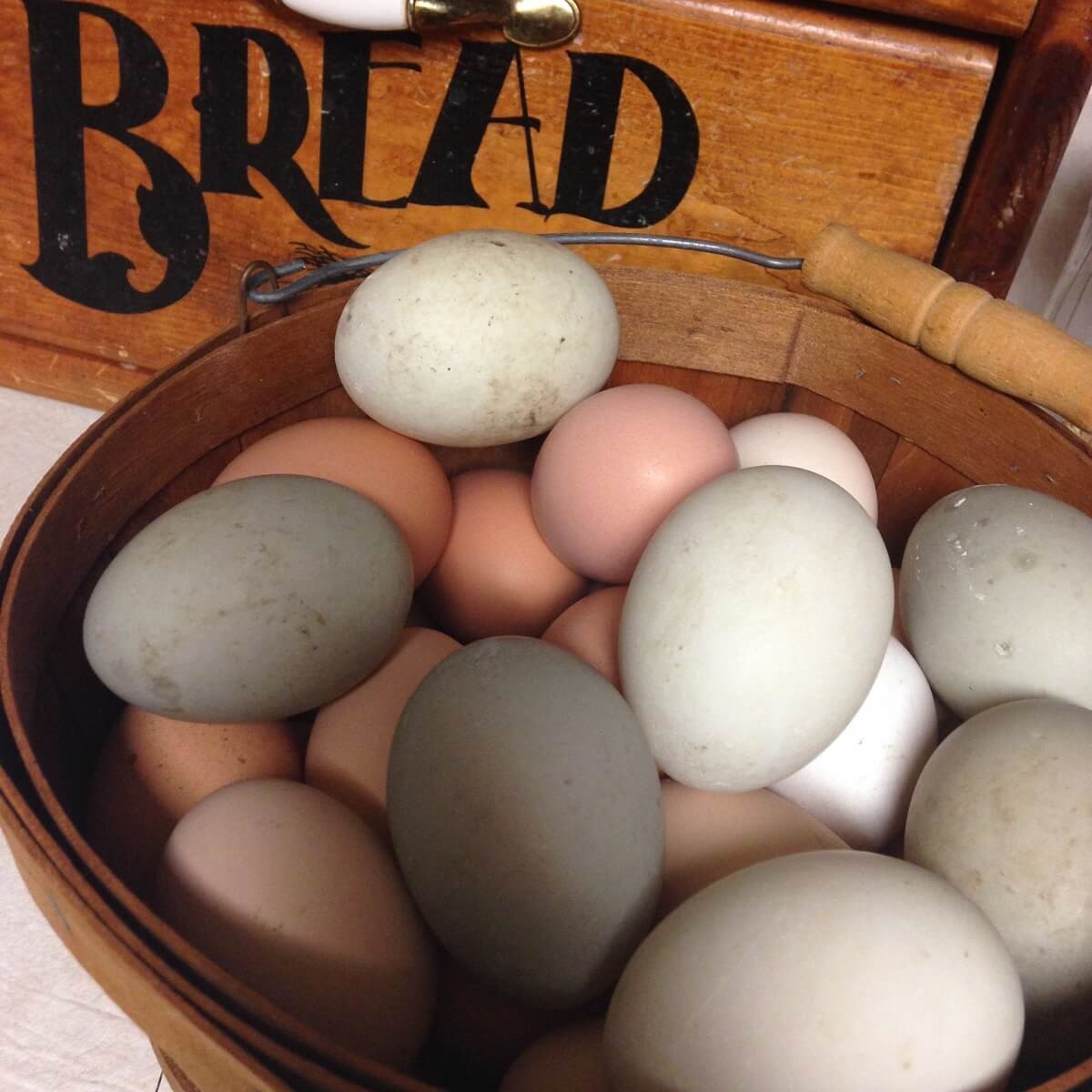
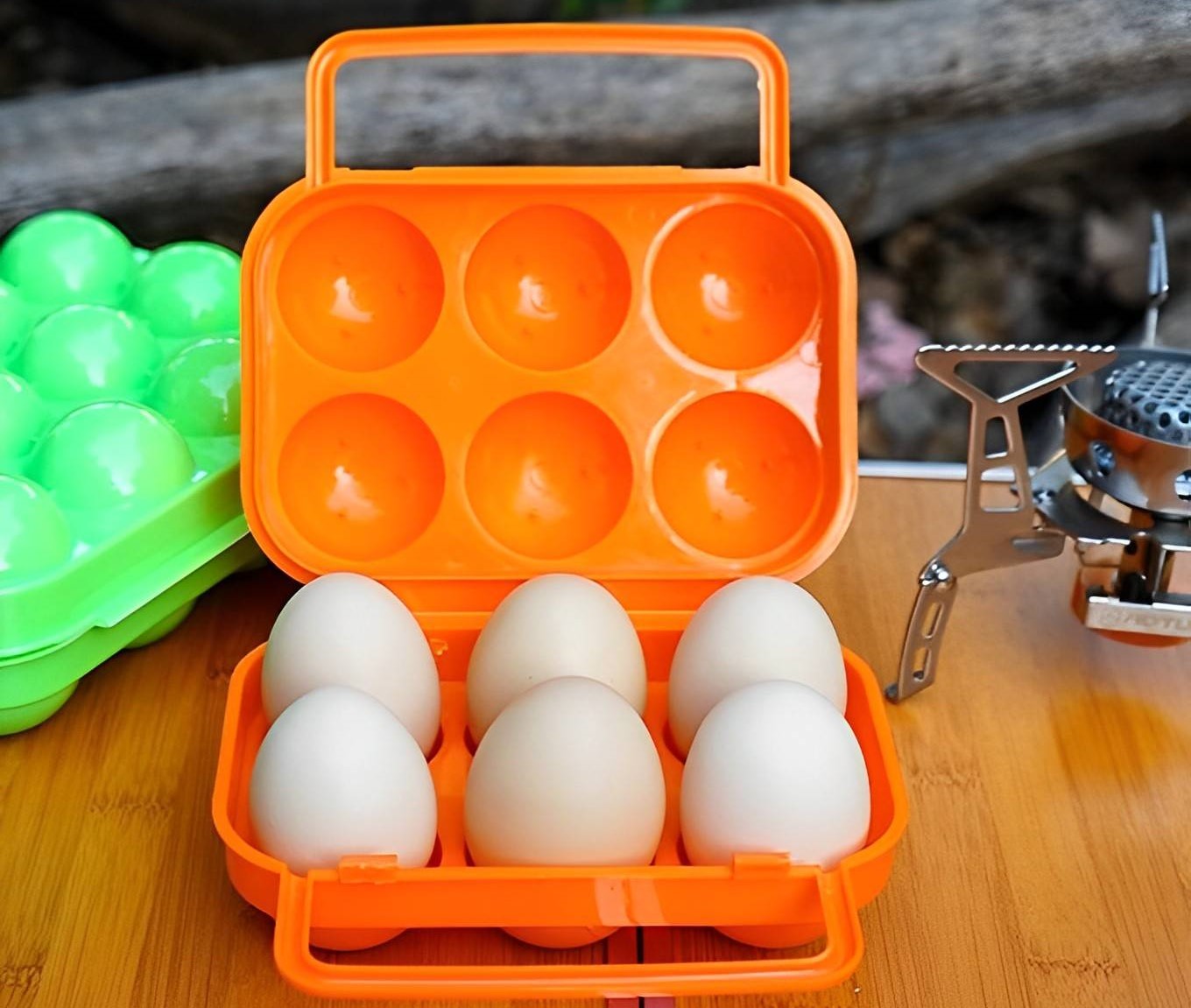
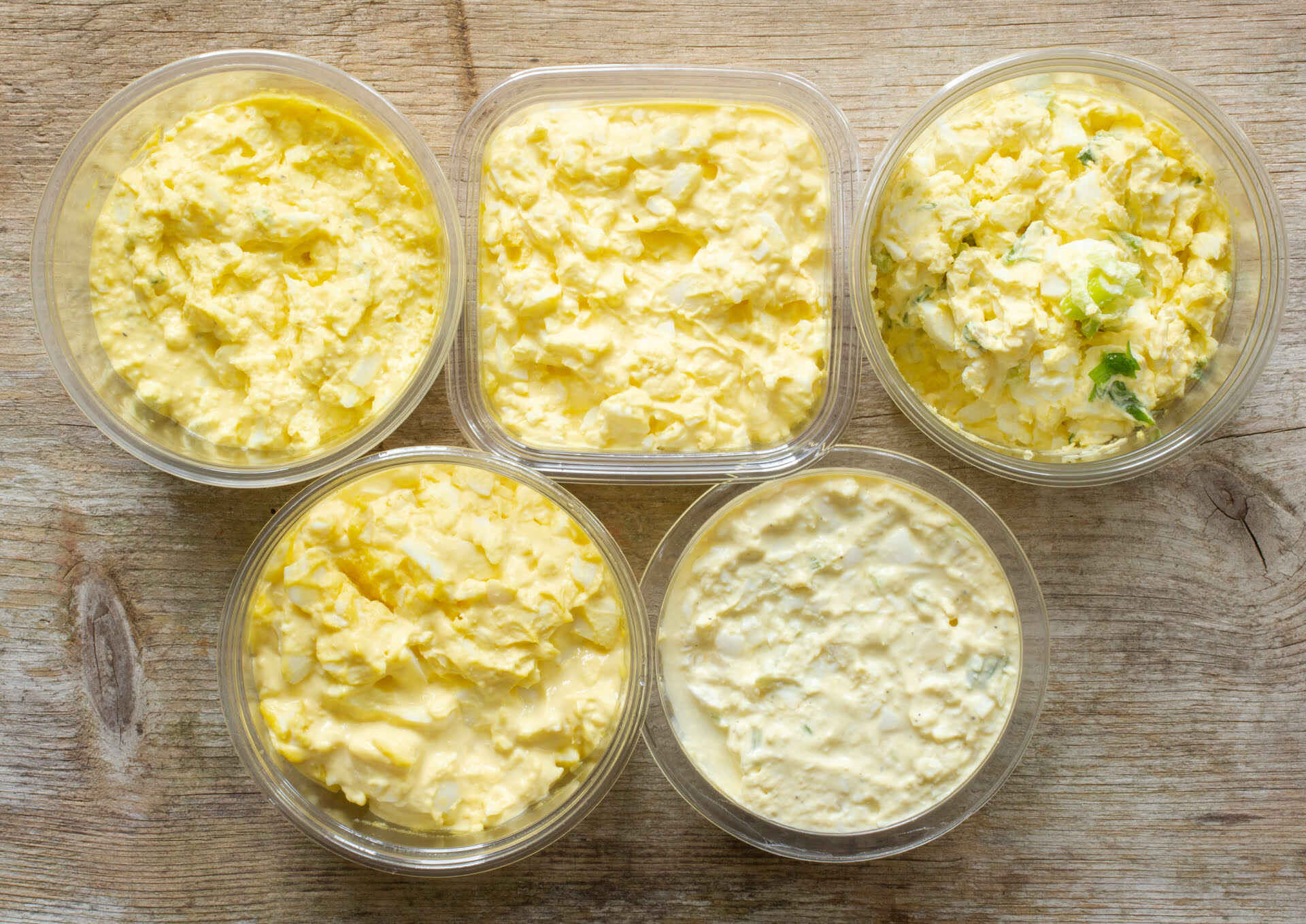


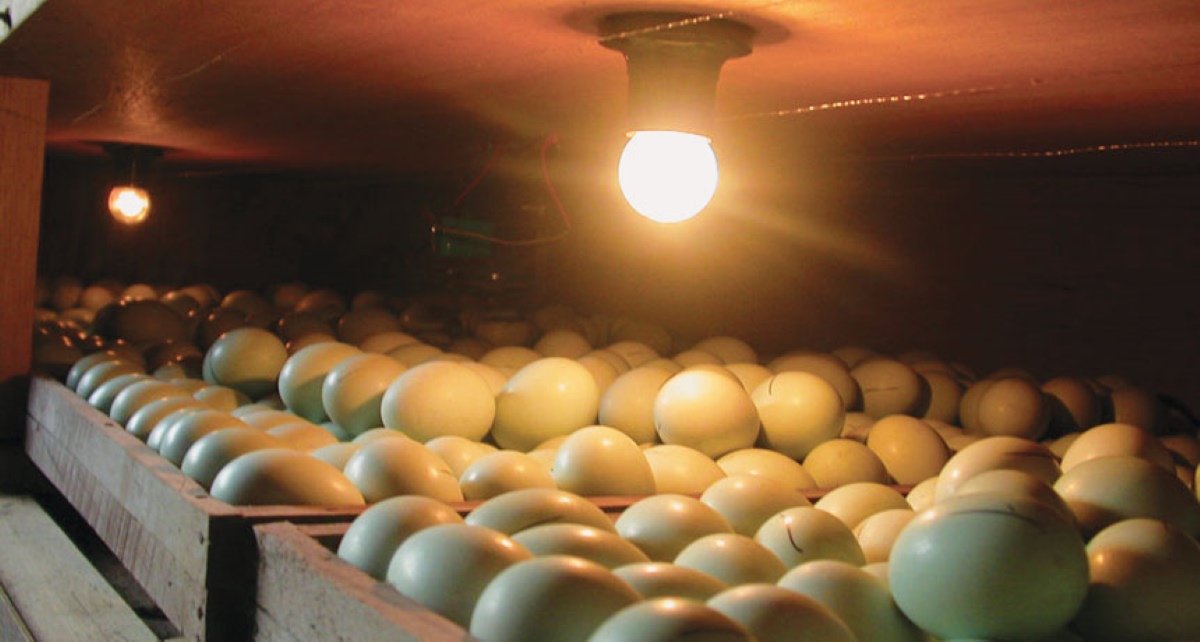




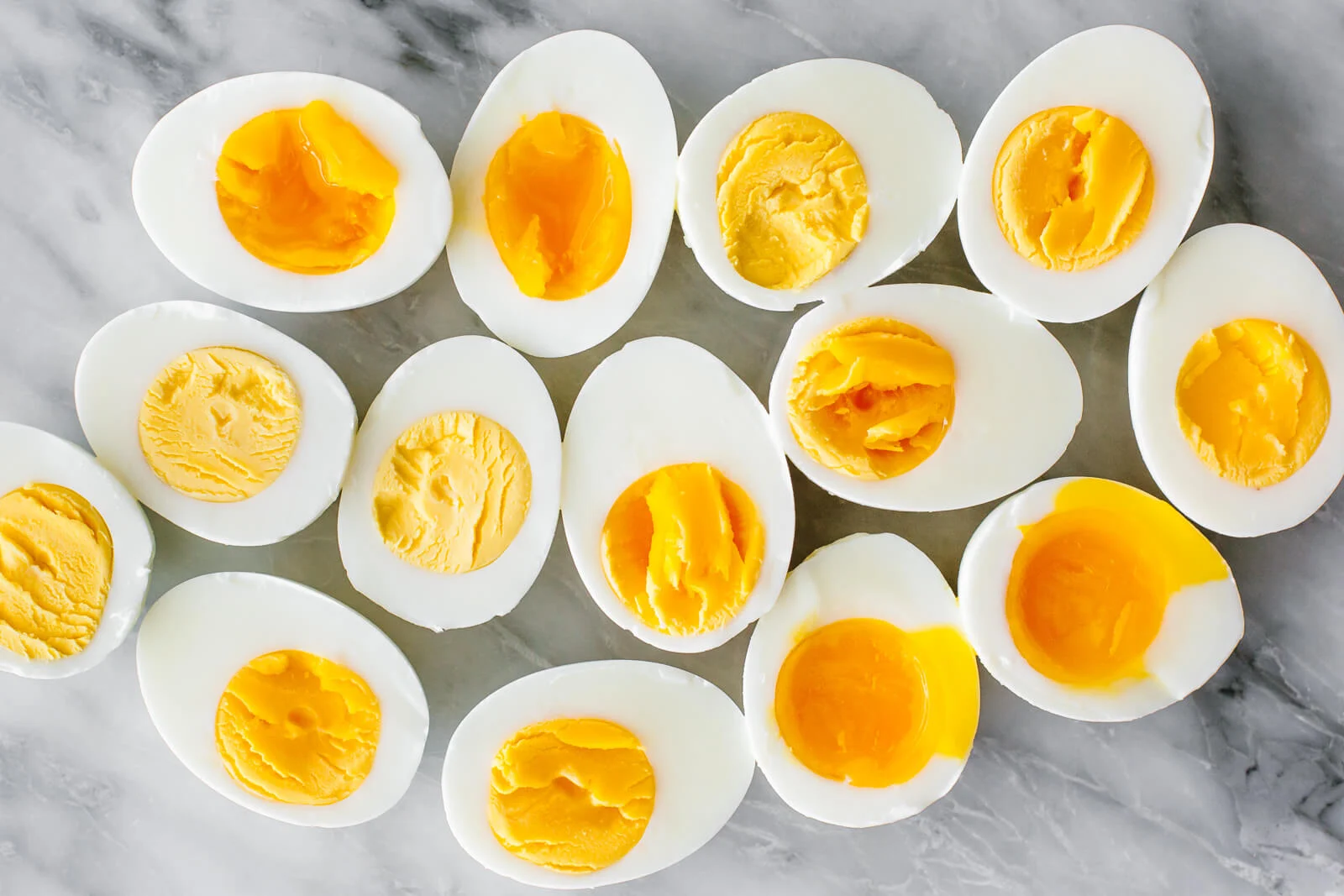
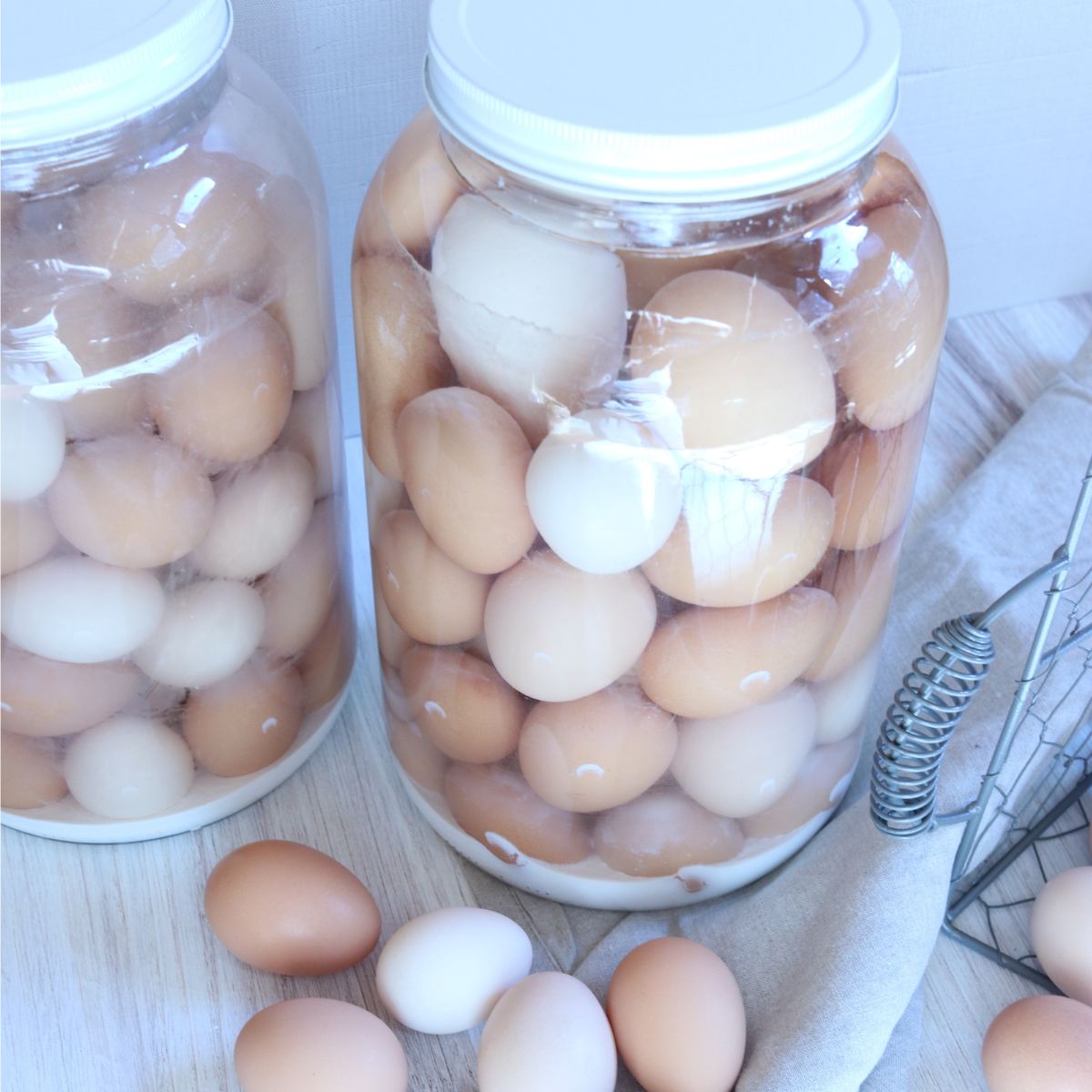

0 thoughts on “How To Store Egg Whites”